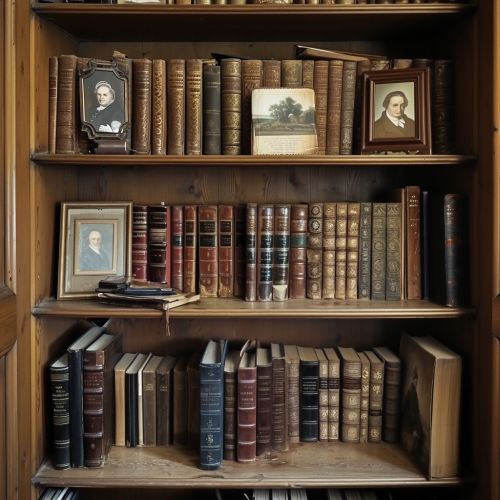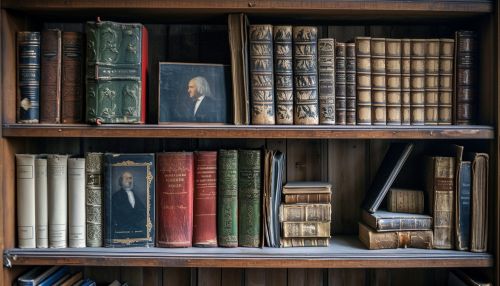Johann Wolfgang von Goethe
Early Life
Johann Wolfgang von Goethe was born on August 28, 1749, in Frankfurt am Main, in the Holy Roman Empire. He was the eldest of seven children, but only one of his siblings survived into adulthood. His father, Johann Caspar Goethe, was a lawyer who prioritized the education of his children. His mother, Katharina Elisabeth Textor, was the daughter of the mayor of Frankfurt. From an early age, Goethe was exposed to languages, literature, and the arts, which would later influence his works.
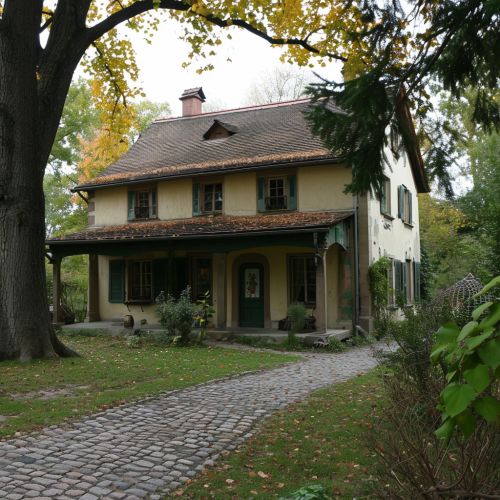
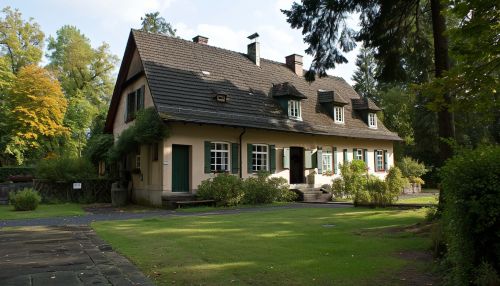
Education
Goethe's education was comprehensive and rigorous. He studied a wide range of subjects, including Greek, Latin, French, Italian, English, and Hebrew. He also studied music, drawing, and dancing. His father's library, one of the largest in Frankfurt, provided him with a wealth of reading material. He read works by the great poets and playwrights of his time, such as Shakespeare, Klopstock, and Lessing. These early influences would later be reflected in his own works.
Literary Career
Goethe's literary career began in the 1760s with the publication of his first collection of poems. His first major success came in 1774 with the publication of "The Sorrows of Young Werther", a novel that captured the spirit of the Sturm und Drang movement. The novel was a sensation and made Goethe a literary celebrity. In 1775, he was invited to the court of Duke Karl August in Weimar, where he would remain for the rest of his life.
In Weimar, Goethe served in various political and administrative posts, but continued to focus on his writing. He produced a number of plays, poems, and novels, including "Faust", "Wilhelm Meister's Apprenticeship", and "Elective Affinities". His works spanned a variety of genres and styles, from lyric poetry to epic drama, and from realistic prose to romantic fantasy.
Goethe's works are characterized by their depth and complexity. He explored a wide range of themes, including love, death, nature, and the human condition. His writing is noted for its rich imagery, emotional intensity, and philosophical insight.
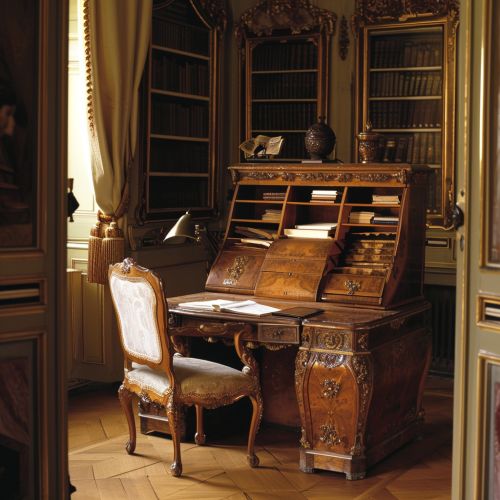
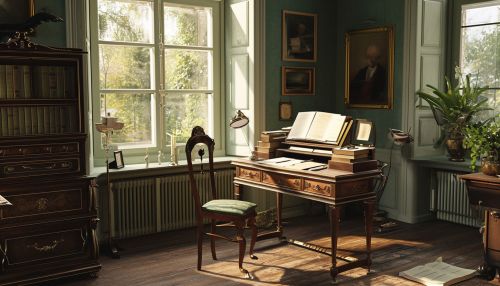
Later Life and Death
In his later years, Goethe turned his attention to science. He made significant contributions to various fields, including botany, anatomy, and color theory. His scientific work, like his literary work, was characterized by its breadth and depth. He sought to understand the world in all its complexity, and to integrate his scientific and artistic perspectives.
Goethe died on March 22, 1832, in Weimar. His last words, according to his doctor, were "More light!" - a fitting epitaph for a man who spent his life in pursuit of knowledge and understanding.
Legacy
Goethe's influence on literature and culture is immeasurable. His works have been translated into more than 50 languages, and he has been the subject of countless studies and interpretations. His ideas have influenced a wide range of fields, from literature and philosophy to psychology and science. He is considered one of the greatest writers in the German language, and one of the most important figures in Western literature.
